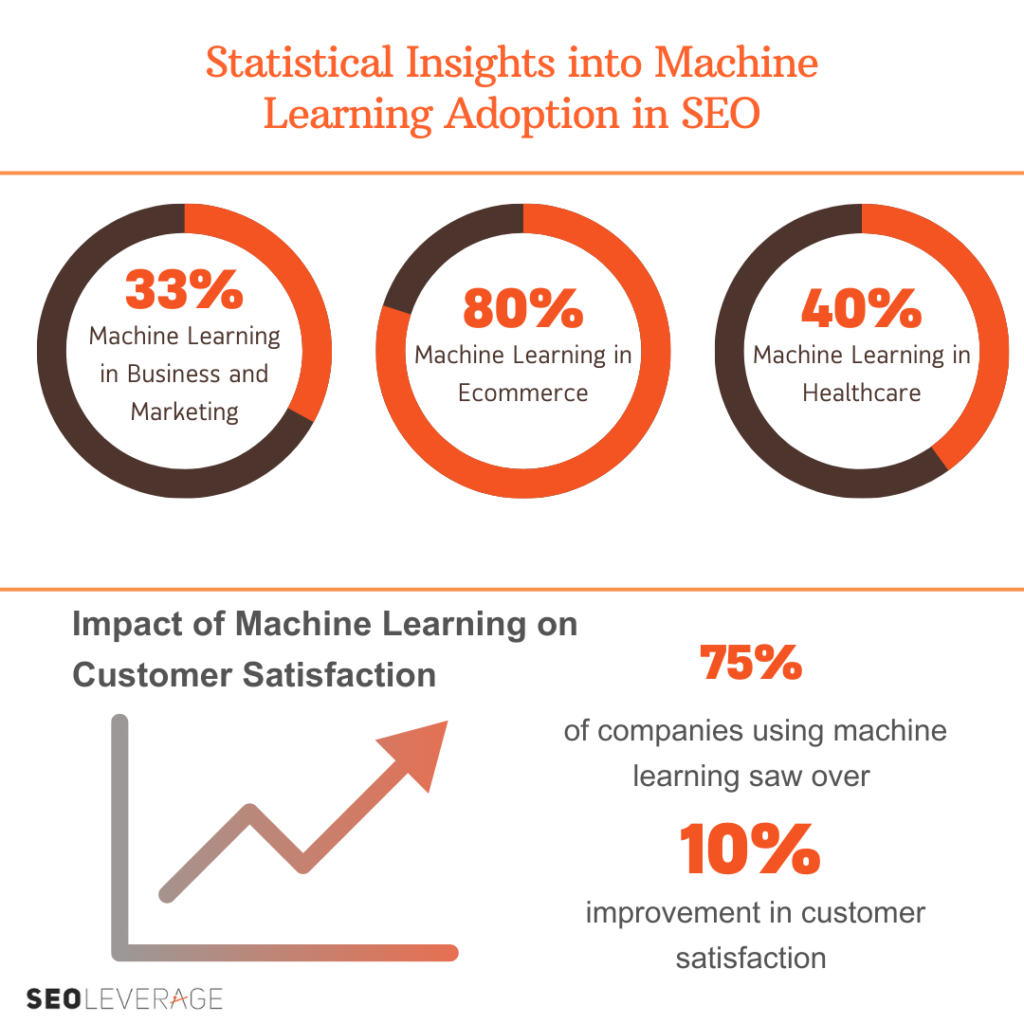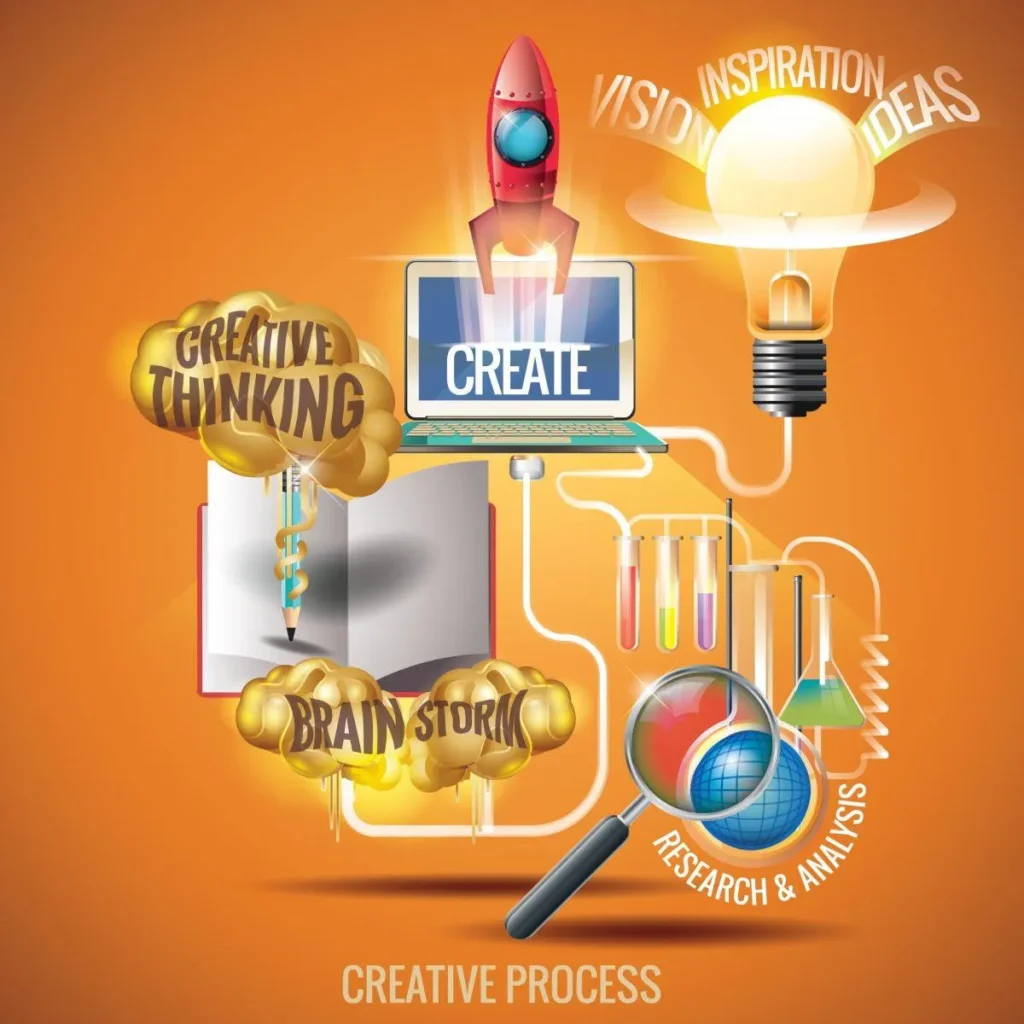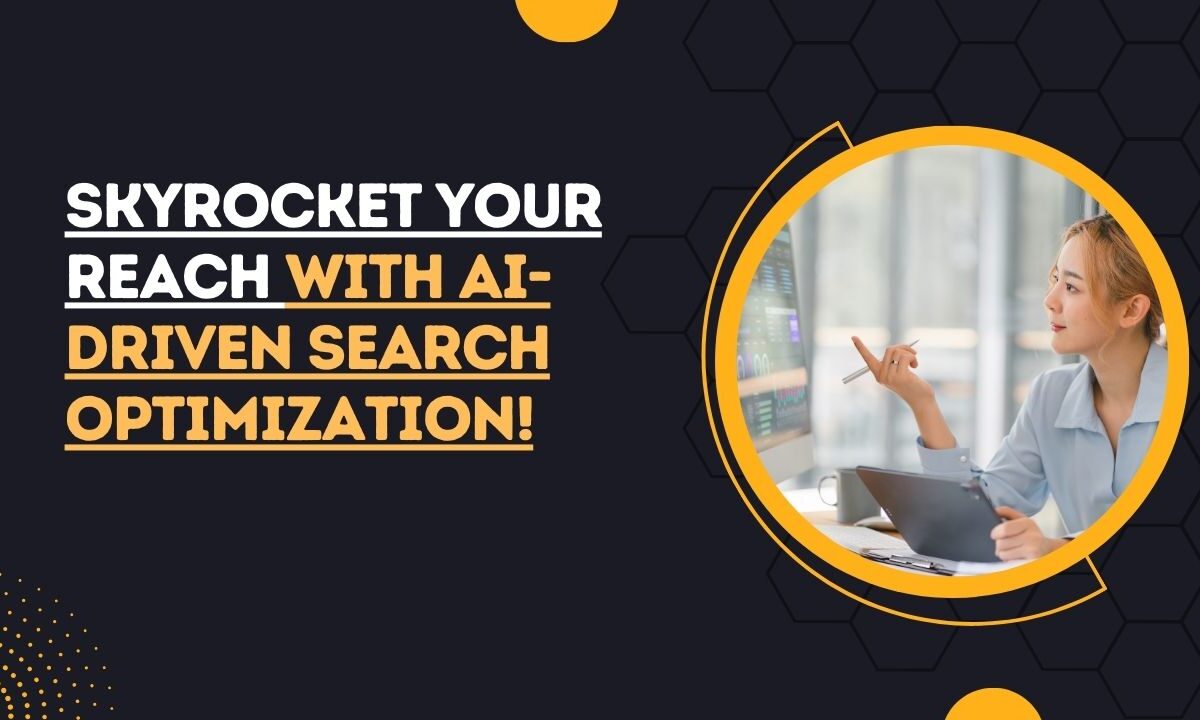Skyrocket Your Reach with AI-Driven Search Optimization!
AI-driven search optimization is fast emerging as a game-changer, transforming how websites, brands, and businesses achieve online visibility.
AI has equipped SEO professionals with powerful tools to understand search engines and users better than ever. And this ranges from machine learning to natural language processing.
But what exactly is AI-driven search optimization, and how is it helping businesses unlock unprecedented success online?
Let’s dive into the evolution of SEO with AI and explore the many ways it’s shaping the future of online search visibility.
What Is AI-Driven Search Optimization?
AI-driven search optimization refers to the use of artificial intelligence to enhance traditional SEO practices. This involves automating repetitive tasks, analyzing data patterns, and interpreting complex language inputs. Such AI helps SEO professionals create more accurate, targeted, and efficient strategies.
According to Hubspot.com “AI SEO is a search engine optimization strategy that uses artificial intelligence to optimize webpages (such as blog posts and landing pages) to gain prominent spots on search engine results pages“
This approach goes beyond conventional SEO, allowing for a more refined understanding of both search engines and user behavior.
The Role of Machine Learning in SEO
Machine learning, a subset of AI, is the backbone of many AI-driven SEO tools. It enables systems to analyze large data sets and learn from them, continuously improving over time.
According to SEOleverage.com, “Approximately 80% of machine learning companies target ecommerce and retail industries”

Image Source: SEOLeverage.com
In SEO, machine learning helps to identify search patterns, track user preferences, and predict future behavior.
For example, Google’s RankBrain is a machine learning algorithm that helps Google interpret complex queries and deliver more accurate results.
Natural Language Processing (NLP) and Search Intent
Natural language processing (NLP) allows AI to understand and interpret human language. By focusing on search intent, NLP helps AI-driven tools comprehend what users are really looking for.
This deeper understanding allows for better optimization of content, ensuring it aligns more closely with what audiences want.
By recognizing nuances in language, SEO professionals can create content that speaks directly to the user’s needs.
Voice Search Optimization Through AI
With the growing popularity of voice-activated devices, voice search optimization has become essential.
AI plays a pivotal role here, enabling SEO professionals to optimize for conversational language and natural phrasing that voice search users commonly employ.
AI-driven tools help refine content to answer common spoken queries directly, boosting a site’s relevance for voice searches.
Content Personalization and User Experience
AI-driven SEO focuses heavily on content personalization. By analyzing user data, AI can predict what type of content a particular user might find engaging or useful.

This allows websites to deliver tailored experiences, making visitors feel that the content is specifically crafted for them.
Personalized content enhances engagement, reduces bounce rates, and can significantly improve ranking in search results.
AI-Powered Keyword Research and Analysis
AI tools have revolutionized keyword research by offering more precise data and insights.
Unlike traditional methods, AI-driven keyword analysis considers context, user intent, and even competition trends.
Tools like SEMrush and Ahrefs incorporate AI to help identify keywords that offer the best opportunities for visibility.
AI’s ability to continuously learn from data means that keyword strategies can evolve dynamically, keeping content aligned with current search trends.
Predictive Analytics and SEO Strategies
AI’s predictive analytics capabilities enable SEO professionals to anticipate user needs and create content that resonates with future trends.
By understanding user behavior, such as browsing patterns and engagement metrics, AI can inform better SEO strategies.
Predictive analytics can guide content calendars, recommend timely topics, and even optimize content release schedules.
Enhanced On-Page SEO with AI Tools
On-page SEO tasks, such as optimizing meta tags, headers, and image descriptions, can be tedious.
However, AI tools have simplified this process by automating many of these tasks.
Tools like Surfer SEO and Clearscope use AI to suggest keywords, optimize content structure, and even recommend internal links, allowing marketers to focus more on creative content creation.
Automated Reporting and Performance Tracking
AI-powered tools are transforming SEO reporting and tracking by providing automated, real-time insights.
Rather than manually collecting and analyzing data, marketers can use AI-driven analytics to monitor performance indicators, track keyword rankings, and assess the effectiveness of campaigns.
This automation not only saves time but also enhances accuracy, allowing for data-driven adjustments to SEO strategies.
AI and Image/Video Search Optimization

Image Source : Goodschecker.com
As visual content continues to grow in popularity, AI is playing an instrumental role in image and video SEO.
AI-driven tools can analyze and categorize images, making them more searchable.
With image recognition technology, AI can identify objects within images, making it easier to match them with relevant keywords.
This capability extends to videos as well, where AI tools can generate tags and transcripts to improve searchability.
Leveraging AI for Link Building and Authority Building
AI has made link building, a traditionally time-consuming task, more efficient.
By analyzing the authority and relevance of potential linking sites, AI can help identify quality backlink opportunities.
AI-driven tools such as BuzzSumo and Moz assist marketers in tracking competitor links. They help discover new link sources, and even predicting the impact of these links on search ranking.
Local SEO and AI Personalization
For businesses that depend on local SEO, AI-driven tools can significantly improve search visibility.
By analyzing user location and search intent, AI tools help optimize content for local audiences.
This includes adding location-specific keywords, refining Google My Business profiles, and even adjusting content for seasonal trends in a specific area.
AI-powered local SEO ensures that businesses remain relevant and visible to their nearby customers.
Challenges in AI-Driven SEO
Despite its benefits, AI-driven SEO has challenges, such as data privacy issues and ethical considerations.
Additionally, AI tools rely heavily on high-quality data, and inaccuracies can lead to misguided strategies.
Staying updated with these limitations helps marketers maintain a balance between AI and human judgment, ensuring responsible and effective SEO practices.
Future of AI in Search Optimization
The future of AI in SEO looks promising, with new advancements continually emerging.
From AI chatbots that provide instant customer service to algorithms that predict trends, AI is expected to further refine SEO practices.
As AI technology advances, businesses will have even more opportunities to tailor their SEO strategies to specific audience needs and search behaviors.
Frequently Asked Questions
1. What is AI-driven SEO?
AI-driven SEO refers to using artificial intelligence to enhance and automate SEO tasks, making search strategies more efficient and data-driven.
2. How does AI improve keyword research?
AI can analyze vast amounts of data to identify relevant keywords, user intent, and competitive trends, resulting in more precise and effective keyword strategies.
3. Is voice search important for SEO?
Yes, voice search is crucial for SEO as it represents a growing way users search online. AI helps optimize for natural, conversational language that aligns with voice queries.
4. Can AI help with content personalization?
Absolutely! AI can analyze user data to deliver personalized content experiences, increasing engagement and reducing bounce rates.
5. What is the future of AI in SEO?
AI will likely continue advancing, with improvements in NLP, predictive analytics, and more tailored content experiences for users, enhancing search optimization even further.
Related Posts
AI-Powered Search: The Game-Changer for User Behavior and SEO Strategies
Cultivating Trust in The AI Search Age: The Power of Authenticity
AI Chatbots in Customer Service: Enhancing Connections, Building Loyalty
AI in Content Creation: The Future Revolution in Blogging
Conclusion
AI-driven search optimization is revolutionizing the world of SEO, providing marketers with unprecedented insights and tools to boost online visibility.
As AI continues to evolve, businesses can leverage these advancements to stay ahead in the competitive digital landscape.
By embracing AI-driven SEO strategies, businesses are well-positioned to achieve long-term success in search rankings and online visibility.

